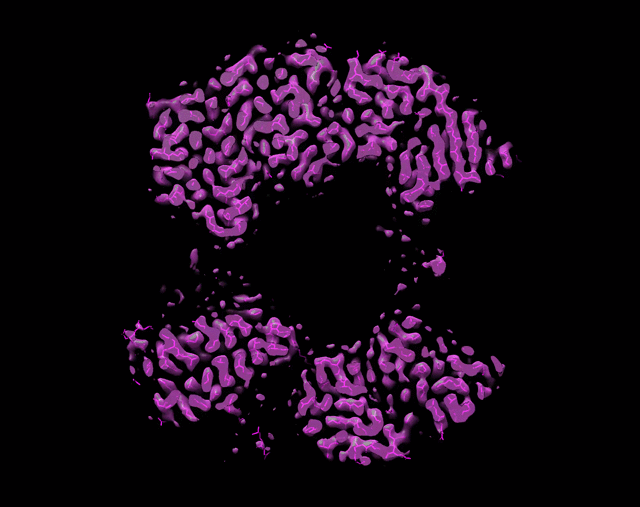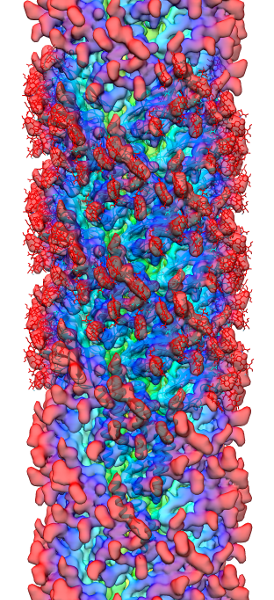
The Institute comprises a dozen leading faculty members and their laboratories, assembled for their world-leading expertise in diverse but connected areas: 1) Microbes, 2) Plants, and 3) Atomic Structure and Enabling Capabilities.
The Institute’s mid-range operational size makes it possible for scientific investigators to form small collaborative teams with complementary expertise, while remaining agile enough to move in new directions dictated by novel discoveries and evolving scientific needs.
Technology development and dissemination form central pillars of the IGP. Scientific challenges drive innovation, and methods development within the IGP continues to extend the boundaries of capabilities in computational and experimental genomics, macromolecular structure and imaging, metabolic engineering, and macromolecular design. The IGP fosters and spreads technology innovation through support of a set of core facilities: X-ray and EM Structure Determination, BioComputing Technology, Protein Expression Technology, and Macromolecular NMR.
The IGP also emphasizes the critical role of scientific training and outreach within the Department of Energy as a focal point of US science, and for society in general. To meet that need the IGP engages in teaching opportunities across the spectrum of stakeholders from professional scientists in training to elementary student groups. The broad scope of scientific training activities in the IGP significantly deepens the long-term impact of our research discoveries and technology advancements.
The current research goals of the UCLA-DOE IGP are carried out through teams focusing on major scientific challenges in three main areas: 1) Microbial Systems: Energy and Biomass; 2) Plant Systems: Cellulomics and Organismal Function; and 3) Atomic Structure and Enabling Capabilities. Areas of intersection among research groups create synergies that further drive innovation and foster the lively, creative atmosphere characteristic of the UCLA-DOE IGP.


